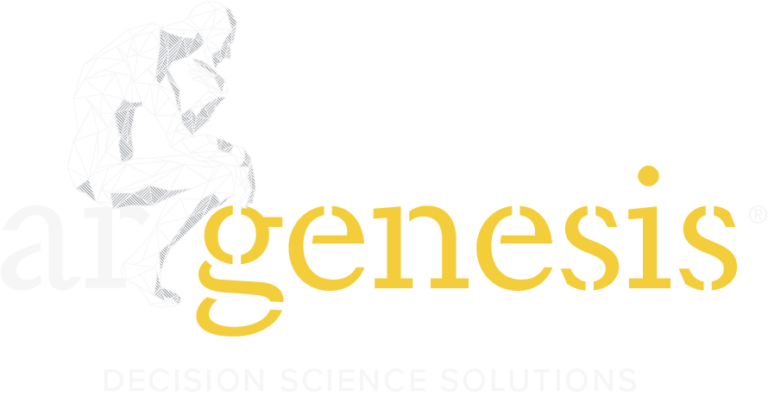Introduction: Algorithms That Know You
It’s Saturday, September 13, 2025. Artificial intelligence has achieved breathtaking advances in vision, language, and reasoning, but the most intriguing frontier of this season belongs to identity. Today, algorithms don’t just help with productivity or search—they actively collaborate in crafting and protecting our sense of self. AI’s power is moving from utility to personal resonance, raising new opportunities and important questions for everyone.
Personalized Experiences, Everywhere
In 2025, personalization means more than just better ads or tailored playlists. AI now guides the way people present themselves online, find their communities, and learn new skills. Social media platforms tap deep learning to suggest not just content, but connections, interest groups, and even events likely to match an individual’s style and aspirations. Photo and video apps analyze mood, helping users curate memories for happiness and meaning.
Education, once one-size-fits-all, stands transformed by personalized pathways. AI tutors build holistic profiles, adapting content and pacing in real time. Job-hunting AI crafts custom portfolios and mock interviews for every applicant, making career transitions less daunting and more effective.
Safeguarding Digital You: Privacy Gets Smarter
As algorithms know more about individuals, security and privacy are paramount. The latest identity-focused AI tools combine behavioral analysis, biometric monitoring, and contextual reasoning to guard against fraud or identity theft. Gone are the days of static passwords; continuous, AI-powered authentication adapts to how you type, talk, and move.
Platforms now offer dashboards for visualizing and controlling digital footprints—giving people granular control over how their profile is used across different networks. These tools teach digital literacy while enforcing boundaries, so online presence becomes a source of confidence, not anxiety.
The Mirror Effect: AI and Self-Discovery
One of the most transformational developments is AI as a mirror. Conversation agents help users reflect on goals, values, and routines. Personal growth platforms guide journaling, meditations, and even self-assessment, enabling more mindful and resilient lives.
Artists and writers find inspiration in AI that can analyze style, suggest themes, and offer prompts tailored to their emotional tone. For many, AI becomes a collaborator in creative self-expression—sometimes surprising, always pushing boundaries.
Challenges and Questions Ahead
With new power comes new responsibility. Critics urge caution, raising issues about bias, manipulation, and the risk of losing the “real you” to algorithmic patterns. Developers, educators, and regulators are responding with fresh ethical frameworks that prioritize consent, transparency, and personal agency.
Most important, people are learning to question, adjust, and co-create with AI—recognizing that, in 2025, personal identity is a shared space, to be navigated with care and curiosity.
Closing Thoughts
On September 13, 2025, the next wave of AI is here—not just as a set of tools, but as partners in shaping and safeguarding who we are. The future will belong not to the smartest algorithms alone, but to those who use them to build richer, truer, and more empowering personal stories.
How is AI shaping your sense of self? What inspires or concerns you about the role of technology in personal identity? Share your experiences and hopes in the comments—and let’s define the future together.
